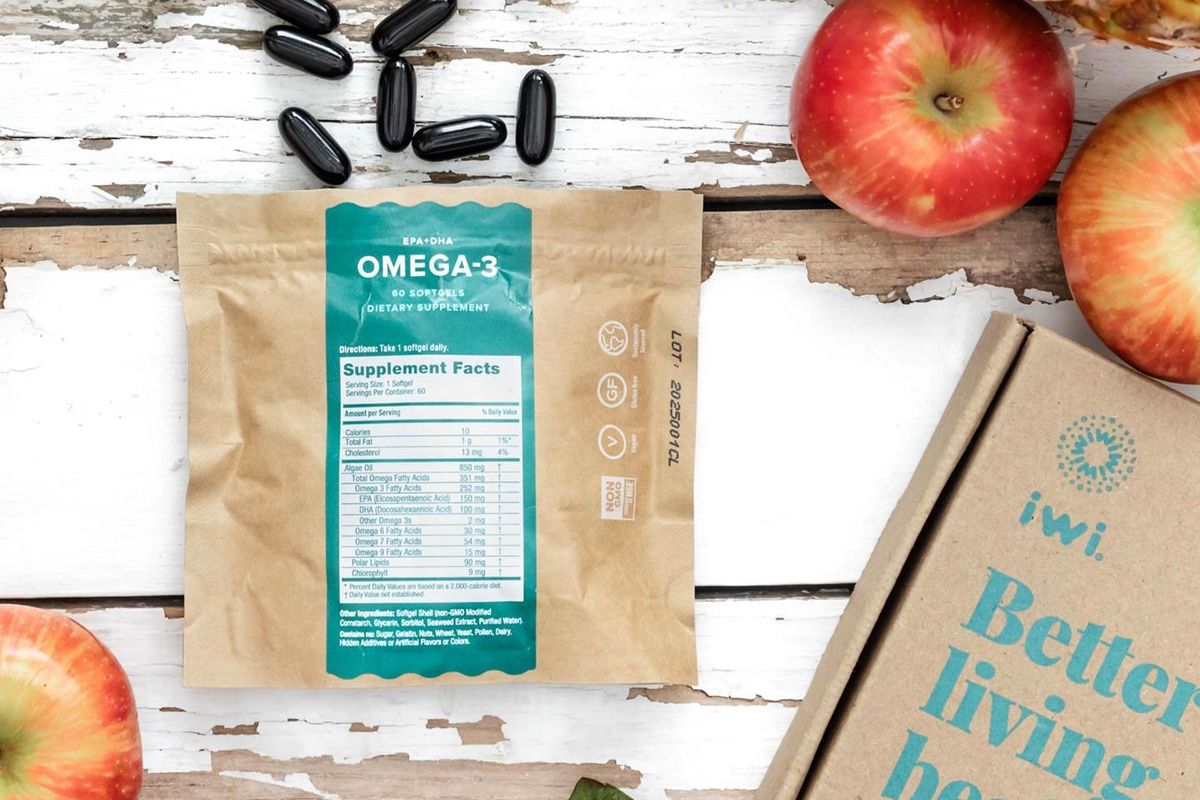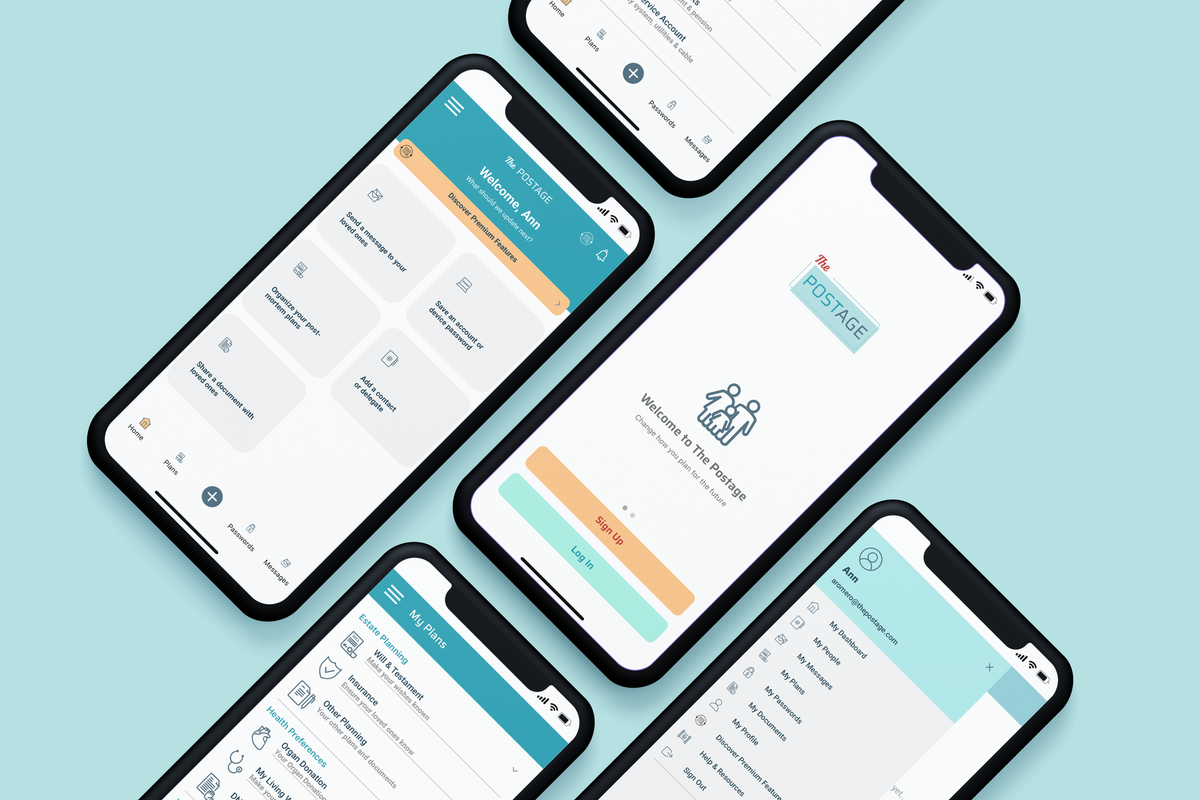Editor's note: As 2022 comes to a close, InnovationMap is looking back at the year's top stories in Houston innovation. This past year, InnovationMap featured profiles on dozens of these Houston startups — from sportstech apps and health tech companies to startups with solutions in EV tech and more. Here are five Houston startup features that stood out to readers this year — be sure to click through to read the full story.
Houston-based health tech startup is revolutionizing patient selection for clinical trials

Sieve Health is an AI cloud-based SaaS platform designed to automate and accelerate matching patients with clinical trials. Photo via Getty Images
On many occasions in her early career, Dr. Arti Bhosale, co-founder and CEO of Sieve Health, found herself frustrated with having to manually sift through thousands of digital files.
The documents, each containing the medical records of a patient seeking advanced treatment through a clinical trial, were always there to review — and there were always more to read.
Despite the tediousness of prescreening, which could take years, the idea of missing a patient and not giving them the opportunity to go through a potentially life-altering trial is what kept her going. The one she didn’t read could have slipped through the cracks and potentially not given someone care they needed.
“Those stories have stayed with me,” she says. “That’s why we developed Sieve.” Read more.
Houston startup snags prestigious grant from global health leader

Houston-based medical device and biotech startup Steradian Technologies has been recognized by the Bill and Melinda Gates Foundation. Photo by Dwight C. Andrews/Greater Houston Convention and Visitors Bureau
A female-founded biotech startup has announced that it has received a grant from the Bill & Melinda Gates Foundation.
Steradian Technologies has developed a breath-based collection device that can be used with diagnostic testing systems. Called RUMI, the device is non-invasive and fully portable and, according to a news release, costs the price of a latte.
“We are extremely honored to receive this award and be recognized by the Bill & Melinda Gates Foundation, a leader in global health. This funding will propel our work in creating deep-tech diagnostics and products to close the equity gap in global public health," says Asma Mirza, CEO and co-founder of Steradian Technologies, in the release. “The RUMI will demonstrate that advanced technology can be delivered to all areas of the world, ensuring the Global South and economically exploited regions receive access to high-fidelity diagnostics instead of solutions that are ill-suited to the environment.” Read more.
Houston sports tech startup is enhancing performance metrics for runners and athletes

Houston-based AiKYNETIX is equipping runners with high-tech tracking tools. Image courtesy of AiKYNETIX
With the Houston Marathon only five months away, a new application using human motion insights could help a runner refine their form to reach peak performance – all from the convenience of their smart phone.
While traditional treadmills are limited in training feedback and wearables are not designed to track elevation, Houston-based AiKYNETIX uses real-time technology to provide a new option for runners on treadmills.
“Runners spend a lot of time, energy and money to run better,” says Denis Akhiyarov, CEO and co-founder. “In my personal life with training for nine marathons, I’ve seen limitations with wearables, they don’t actually track running form while running. Overall, our technology tracks not only your basic parameters but it can also analyze the human running form while in motion.” Read more.
Local startup to upgrade EV charging in Houston and beyond

Houston-based Spark Spaces is looking to build out luxury spots for electric vehicle charging. Rendering courtesy of Spark Spaces
At 3 a.m. one night, just as he had many nights before, Tarun Girish found himself leaving his Houston apartment in search of an EV charger.
Once he located one, he would sit in his car for an hour and a half while his vehicle charged — with not much to do but wait.
But it was on this night he wondered if there was a way to use his previous hospitality experience to build a new kind of experience for EV drivers. He then developed his first iteration of a business plan — all while sitting in his driver’s seat.
His idea became Sparks Spaces, a startup formed in 2021 looking to shake up the EV charging game — the company aims to elevate the experience of charging electric vehicles by focusing on the space between car and charger by creating an airport lounge-type space for drivers. These EV lounges would include luxury waiting areas, clean restrooms, high-end food options, and availability to utilize them 24/7. Read more.
Houston neuroscientist turned startup founder takes steps toward comfier shoes

Steffie Tomson founded a company to prioritize comfort — without sacrificing style — for women on the go. Photo via getawaysticks.com
Two and half years ago, native Houstonian Steffie Tomson ordered $2,000 worth of shoes and sliced them all in half with a bandsaw just to see what was inside.
Tomson, a neuroscientist by trade and the founder and CEO of footwear startup Getaway Sticks, had an idea for a different kind of shoe — one that was redesigned to prioritize women’s comfort.
“I thought, ‘why can’t we start with a sneaker material and then build a heel around it?’” she tells InnovationMap. “I started just slicing everyone else’s shoes and now I’m more convinced than ever that our shoe is different.” Read more.








 The comfortable wedge is available in several colors. Photo via getawaysticks.com
The comfortable wedge is available in several colors. Photo via getawaysticks.com